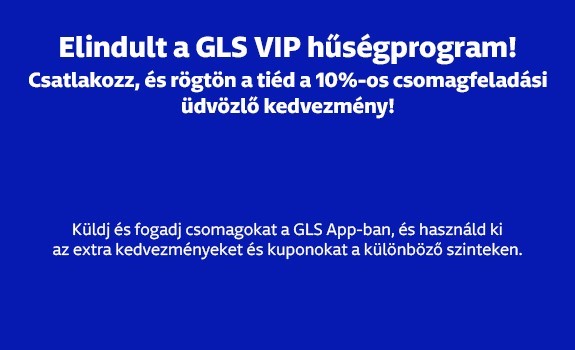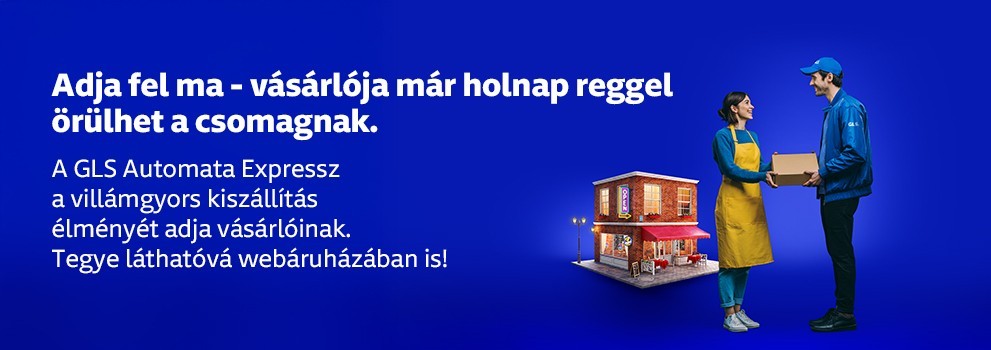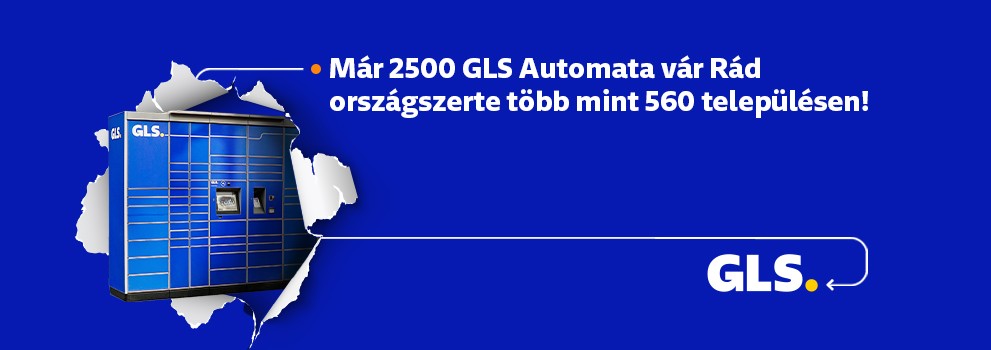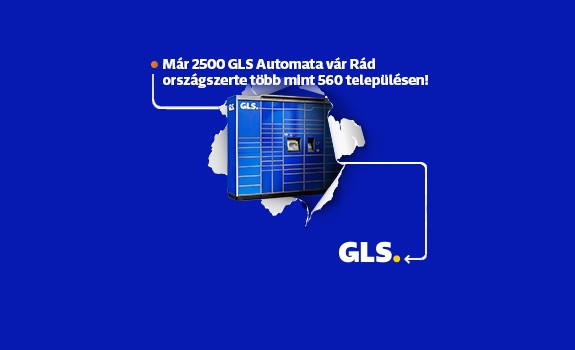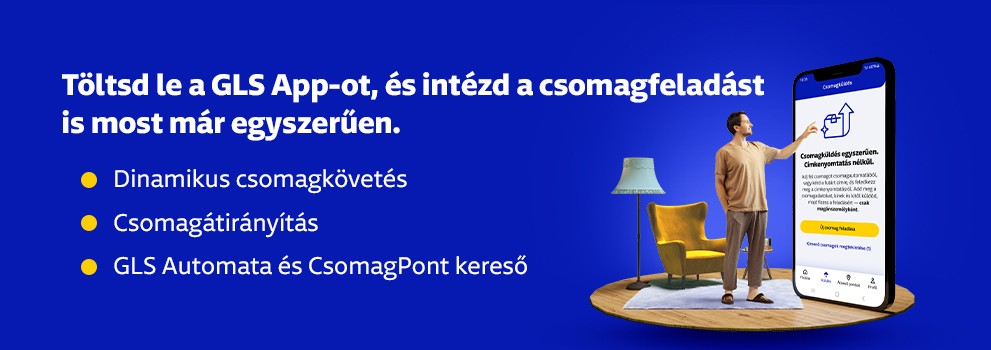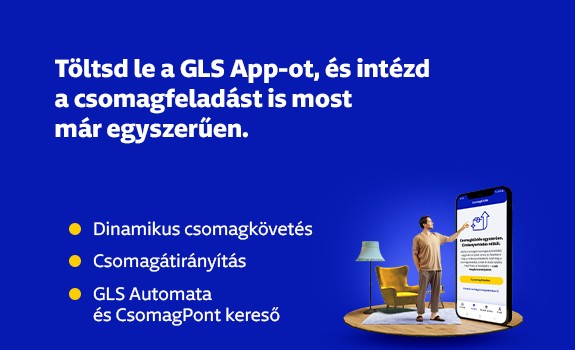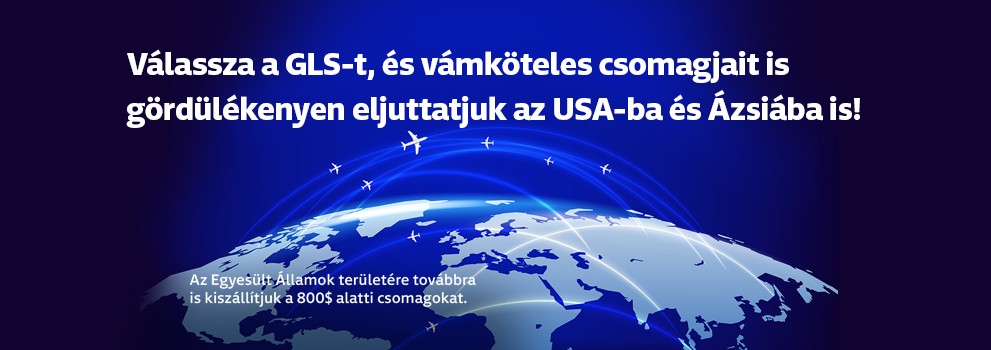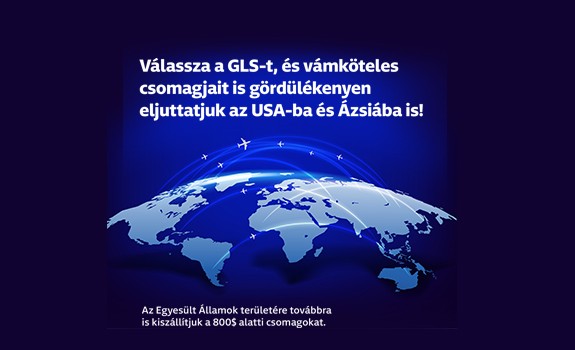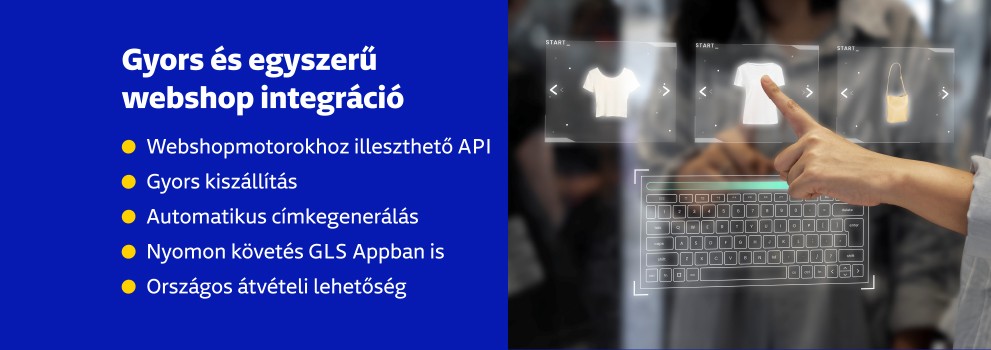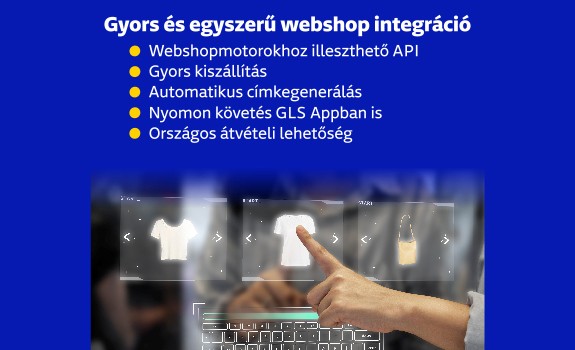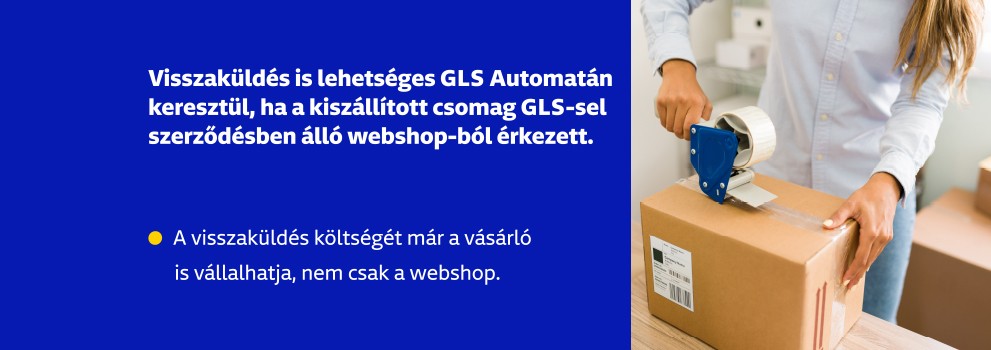WARNING!
It has come to the attention of our company that unknown scammers are once again misusing the GLS name in new ways.
There are a variety of different types of fraud on different communication channels, such as
Social media:
Typically, advertisers on the Facebook community portal Marketplace are contacted by scammers via private message to buy the advertised product and, if it is still available, they send a GLS courier to pick it up, for this they ask for your name, address and email address. They then send an obviously fake invoice to the contact details provided, and refer to this as a request for payment of a parcel insurance premium (up to tens of thousands of forints) from a company called GLS Express, which has nothing to do with GLS Group or GLS Hungary.
Please note that no payment of a compulsory parcel insurance fee is required to use our services, since the payment of the delivery fee automatically provides coverage for all parcels up to the net purchase value of the goods, but up to a maximum of HUF 50,000.
Another method is to successfully contact the seller and say that they will pay for the advertised product and the cost of delivery. They will then ask you to wait 5-10 minutes and send you a link to a fake GLS site where you will be asked to confirm that the courier has delivered the product and that the money has been transferred to the advertiser's account by providing your personal details. The scammers' messages often contain obvious spelling or grammatical errors. These mistakes are sometimes the result of a careless translation from a foreign language and usually include easily recognisable spelling errors
Fraudulent e-mails:
They often send an email in GLS's name (usually using elements of GLS's former image, such as an old logo) referring to a payment order for an order worth hundreds of euros and asking the recipient to click on a fake link to confirm the order and delivery details - thereby extracting data from them.
SMS / Instant Messengers:
Recently, the most common form of abuse has been the reference to unpaid parcels sent by SMS, where a short deadline for payment is set and credit card details are requested.
Fake GLS websites:
In the past year, several prize draws have been advertised misusing the GLS name. A common one was to sell several pallets of goods at a discount "which GLS was unable to deliver". Please be aware that GLS does not sell undelivered parcels, and the sweepstakes that are circulated on social media are not related to GLS.
If you receive a message similar to the one above, please be careful and alert; we recommend that you ignore the message and delete it. If possible, please report the case to the operator of the Facebook portal and to the Consumer Protection Authority, and please also forward to our Company any information and data available in connection with the misuse.
We will take and initiate all available measures to prevent fraud and cooperate with the competent authorities in identifying such events.
GLS Hungary dissents from and condemns all activities that harm customers.


